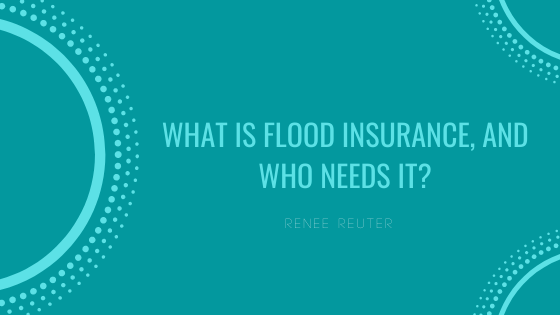Every year, flooding causes thousands of dollars in damage to homes across the country, but the typical homeowner’s insurance policy won’t cover that damage. In many areas, flooding isn’t that significant of a threat to warrant this type of coverage, so insurers don’t cover it. However, if you live in a coastal area, where flooding is much more likely, it may benefit you to learn more about flood insurance.
What is Flood Insurance?
The National Flood Insurance Program (NFIP) was established to provide homeowners and business owners with a means of insuring their possessions against flood damage. It should be noted that a claim will only be covered if the water damage was directly caused by flooding. In terms of defining flooding for insurance purposes, there must be an increased water level where the property is usually dry. A backed-up sewer system that causes an overflow in your home and causes water damage will only be covered in cases where natural flooding caused the sewer to back up.
The Two Types of Flood Damage Coverage
Structural Coverage – This type of coverage will reimburse you for damages to the structure and its systems. Some examples include electrical, plumbing, and HVAC systems. Appliances (dishwashers, refrigerators, and stoves), permanently affixed carpeting and flooring, and detached structures (sheds, garages, etc.) are also covered here.
Contents Coverage – This type of flood damage coverage will reimburse you for flood damage caused to personal belongings, such as clothing, electronics, books, and artwork. Any portable appliances, such as laundry machines, portable air conditioners, and microwave ovens will also be covered. Other types of temporary decor, including curtains and throw rugs, will also be covered.
If you live in an area deemed a high risk for flooding, you should maintain flood insurance for your home. If you have a mortgage, your lender likely requires you to keep this type of coverage, and, if you’re buying a home, you should ask the lender about this as a requirement. For those who have your house paid off, you should still keep flood insurance as a means of protecting your investment. Maintaining a policy will only add a few dollars to your monthly expenses, but its protection can give you tremendous peace of mind.
